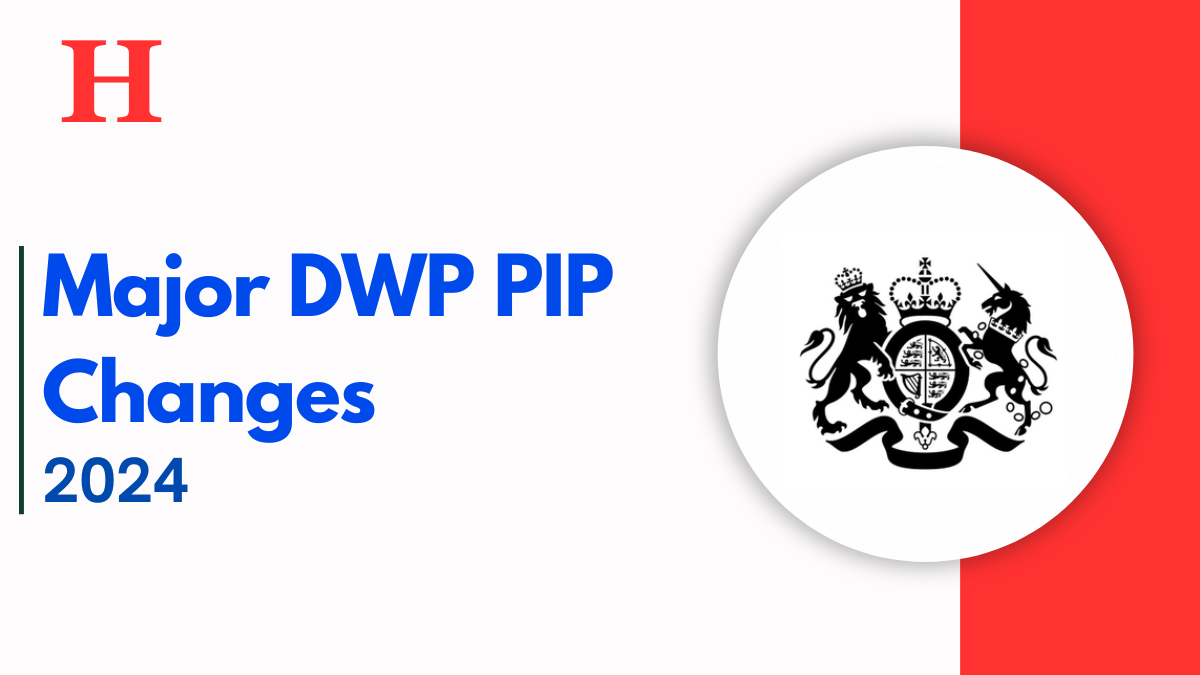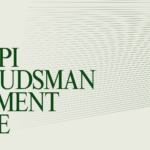The overhaul of the Personal Independence Payment (PIP) system in the UK has sparked widespread debate. PIP is a crucial benefit for adults with long-term health conditions and disabilities, designed to help with the extra costs associated with these conditions. Since its launch in 2013, PIP has been essential for millions, but it has also been criticized for its complex assessment process and strict eligibility requirements.
Major DWP PIP Changes 2024
In April, former Prime Minister Rishi Sunak introduced a series of proposed changes to the PIP system during his “sick note generation” speech. This led the Department for Work and Pensions (DWP) to release the “Modernising Support Green Paper,” which outlines potential reforms to improve the system for people with disabilities. The goal is to address long-standing issues while providing better support for claimants.
Political Shift and Consultation Process
The consultation period for these proposed changes recently ended, just as the Labour Party came into power. While Labour has yet to discard the consultation outcomes, the future of these reforms remains uncertain. The DWP is reviewing the feedback to evaluate how the proposed changes could impact the PIP system and its beneficiaries.
What Was the PIP Consultation?
Rishi Sunak’s announcement marked the beginning of a broader push to reform the PIP system as part of efforts to modernize support for people with disabilities. The Modernising Support Green Paper detailed various potential changes, and the public consultation process allowed stakeholders, claimants, and the general public to provide input on these proposed reforms.
Feedback Collection
The consultation process aimed to gather a wide range of perspectives, involving:
- Disability Charities
- Advocacy Groups
- Healthcare Providers
- PIP Claimants
The DWP used several methods to collect feedback, including written submissions, public meetings, and surveys. This approach aimed to assess the potential benefits and drawbacks of the proposed changes, ensuring the reforms consider the real needs of those affected.
Proposed Reforms
The suggested adjustments are intended to establish a more adaptable, equitable, and efficient disability support system. They incorporate changes such as one-time payments, a list of available support items, updated qualification standards, and a simplified evaluation procedure.
One-off Grants and Vouchers
Currently, PIP provides regular payments to help cover ongoing disability-related expenses. One proposal suggests replacing these payments with one-off grants or vouchers to cover major costs like home modifications and specialized equipment. This would ensure more targeted support for significant expenses directly related to a claimant’s condition.
Catalogue Scheme for Support Items
Another major reform involves a catalogue system that would list pre-approved support items, such as mobility aids and home adaptations. Claimants could choose items from the list at little or no cost, simplifying the process of obtaining necessary equipment and reducing financial strain.
Revised Eligibility Criteria
The DWP proposes revising the current points-based system for determining eligibility, which assesses how a disability impacts a person’s ability to perform daily tasks. Proposed changes include:
- Reevaluating whether the current criteria (e.g., the need for aids) accurately reflect the true costs associated with disabilities.
- Adjusting the qualifying period for long-term conditions to better determine ongoing support needs.
Removal of Reassessments for Lifelong Conditions
Even those with permanent or unchanging conditions must undergo periodic reassessments to maintain their eligibility for PIP. One of the most anticipated changes is eliminating the need for reassessments for individuals with lifelong conditions, reducing claimants’ stress and easing the administrative burden on the DWP.
Simplified Assessment Process
The existing PIP assessment process involves submitting extensive medical evidence and a points-based evaluation, which many find stressful and complicated. The DWP suggests simplifying this process by allowing some claimants to qualify based on their specific condition, supported by medical documentation. This change would aim to reduce the complexity and subjectivity of assessments.
Reactions to the Proposals
Disability Charities’ Response
Disability charities have largely welcomed the proposed reforms, particularly removing reassessments for permanent conditions and simplifying assessments. They believe these changes would reduce claimants’ stress and make the system more efficient and compassionate.
Public Response
Public opinion has been mixed. Many people are in favor of simplifying the assessment process and reducing reassessments, seeing these as positive steps toward a more humane system. However, the idea of replacing regular payments with one-off grants or vouchers has faced criticism. Some fear that vouchers may not provide the same level of financial security as regular payments, which offer a steady income stream for managing ongoing expenses.
Looking Ahead
The DWP is now analyzing the feedback from the consultation, which includes input from disability organizations, healthcare professionals, and PIP claimants. The insights gathered will help shape the final decisions on reforming the PIP system. These reforms aim to improve the support provided to people with disabilities while making the system more efficient and responsive to their needs.
Click the link to know more

Ruth Alba is a dedicated writer with a passion for creating original, insightful content. With a focus on delivering plagiarism-free work, he brings clarity and creativity to each piece. His work reflects a commitment to integrity, originality, and engaging storytelling that resonates with readers.




